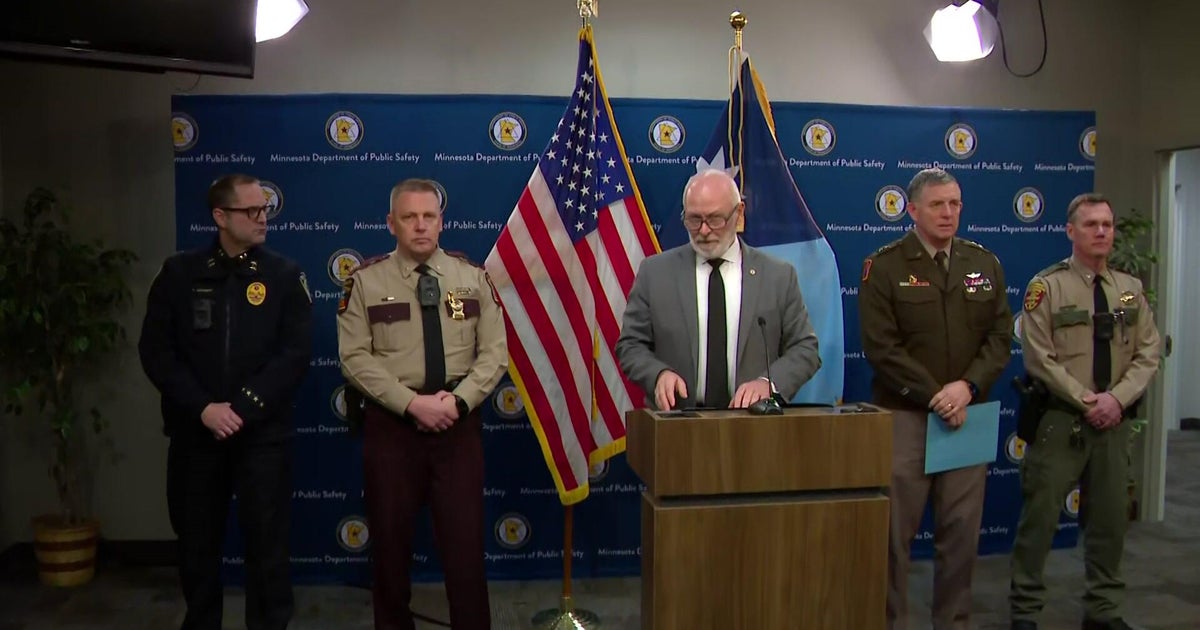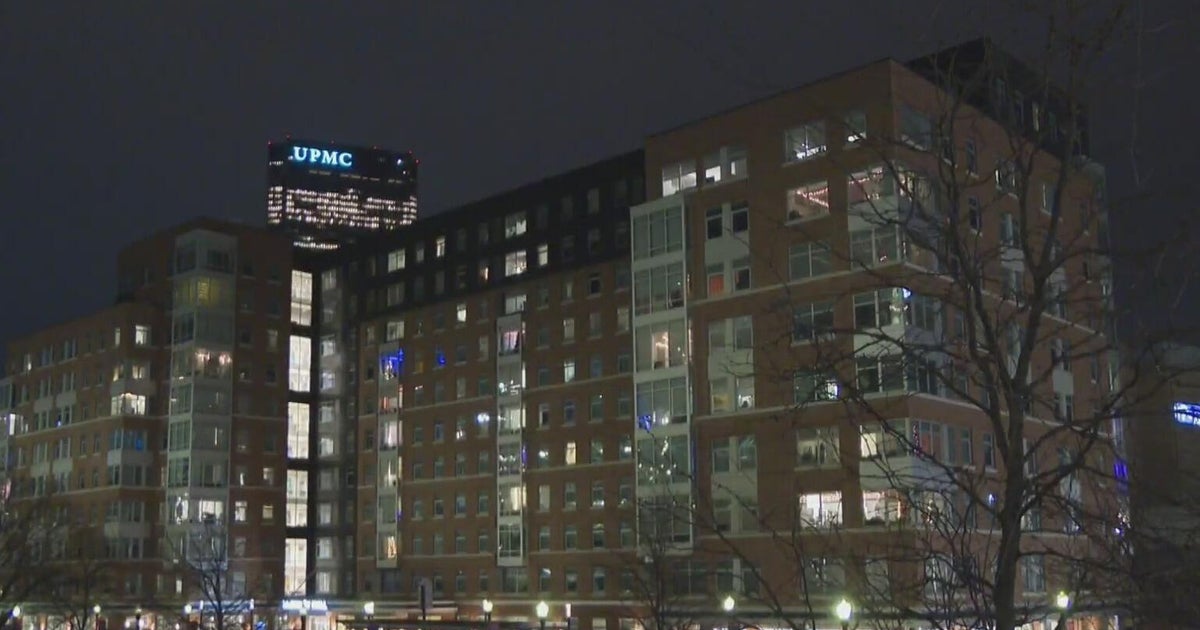Deadly Flooding From Ida Remnants Prompts Renewed Scrutiny Over Safety Of Basement Apartments In New York
NEW YORK (CBSNewYork) -- More than a dozen New Yorkers were killed by the flood waters from the remnants of Ida, and many of those deaths were in basement apartments.
Now, there's renewed scrutiny over their safety.
Marlon Ruiloba is trying to salvage as much as he can after the storm flooded his family's basement-level apartment on Astoria Boulevard in East Elmhurst.
"All is destroyed. Everything water damaged, walls, fridge," he told CBS2's Ali Bauman.
They were living there because the rent was lower than an above-ground place, but now he, his wife and their 5-year-old son are homeless.
"I gotta see where I'm gonna go now," Ruiloba said. "I don't think I'm gonna live anymore in the basement."
The basement apartment next door is in even worse condition.
"It was very sad in the beginning, but I can't do nothing about it," Sandra Rosero said.
Rosero's father, David Rosero, is the landlord and was letting her stay in the basement because he says he cannot afford to convert it to a legal apartment for rent.
"The government have to have a subsidy to allow the landlords to be able fix the entrance and exit," David Rosero said.
IDA'S IMPACT:
- More Than 3 Dozen People Killed When Flood Waters Sweep Tri-State; De Blasio Announces New Storm Evacuation Plan
- Gov. Murphy Tours Ida Aftermath In New Jersey, Promises $10M For Businesses Dealing With Flooding
- 'It's Negligence'; Queens Residents Fed Up With Flooding, Demand Immediate Relief Money For Repairs
- What Do You Do If You Didn't Have Flood Insurance Before The Storm Hit?
- Complete Coverage
Most of New York City's storm-related deaths were in basement apartments, including Phamatee Ramskreit and her son Krishah in Jamaica, where neighbors have now set up a memorial.
Gov. Kathy Hochul says senators Chuck Schumber and Kirsten Gillibrand are working to get infrastructure funding passed in Congress.
"For the politicians to say that it's global warming. Not 30 years of global warming. It's 30 years of b******* sewage. That's what it is. It's negligence because we are a middle-class community," Jamaica resident Jennifer Mooklal said.
"We need to make sure that the affordable housing is resilient and safe and protected, and often times, it's not," said Brendan Cheney, director of policy at the New York Housing Conference.
Cheney says the housing crisis played a role in what happened.
"Fifty-one percent of very low-income renters are paying more than half of their income on rent, which is a really big housing crisis, and people are forced to sometimes live in unsafe conditions," he told CBS2's Kevin Rincon.
"People look for places to live that they can afford, and unfortunately, we're not really creating a lot of them here in New York," said Moses Gates, vice president for housing and neighborhood at the Regional Plan Association.
Gates says they've tried for years to bring these illegal units up to code to help provide more affordable options.
"Nobody wants people to live in unsafe conditions. I think we all know we have a housing crisis, but it's an issue of prioritization," Gates said.
Watch Kevin Rincon's report --
A majority of the storm-related deaths happened in Queens in basement units, and despite the tragedies, they're here to stay.
"I don't think it's realistic to say 'Let's just have no one live in them' because I don't know where all those folks are going to end up who need a place to live," Mayor Bill de Blasio said.
"Basement apartments are not going away. They are here to stay. It is the city's responsibility to ensure that they're safe," said Annetta Seecharran, executive director of Chhaya.
Seecharran says that requires time, money and being made a priority.
IDA RESOURCES: How To Report Damage, Find Shelter, Food, Mental Health Support & More
"Many of the people who were impacted by this storm are exactly the same people who were most impacted by the COVID pandemic," she said.
To try to help, New York Attorney General Letitia James is calling on the city to provide special emergency housing vouchers to help those who live in illegal basement apartments, saying, "In the face of that risk, it is our duty to move these New Yorkers out of harm's way by offering them safer, regulated housing."
The mayor estimates there are 50,000 illegal basement units with more than 100,000 residents, although he acknowledges that number could be much higher.
CBS2's Kevin Rincon contributed to this report. Editor's note: This story was first published Sept. 3.







